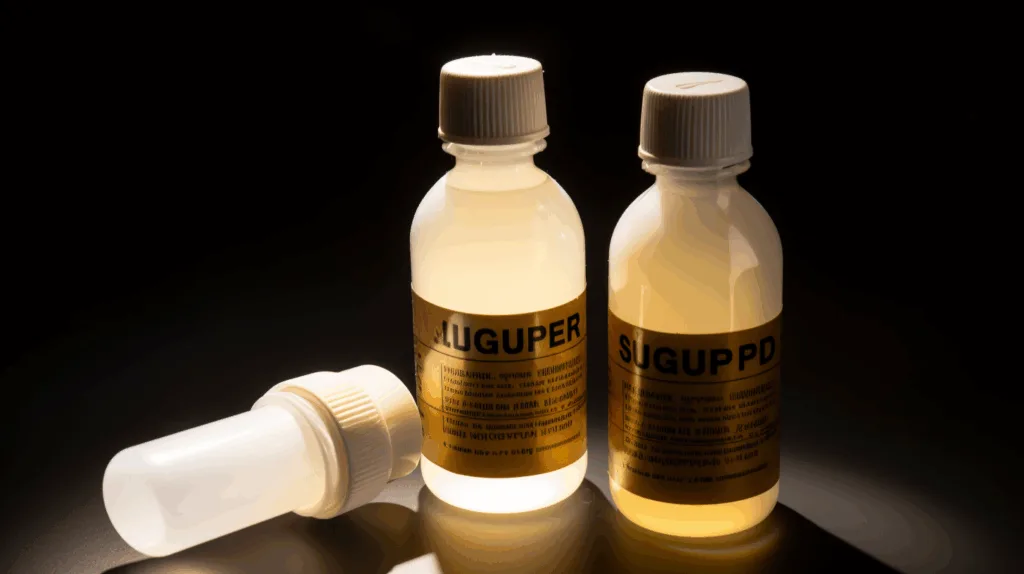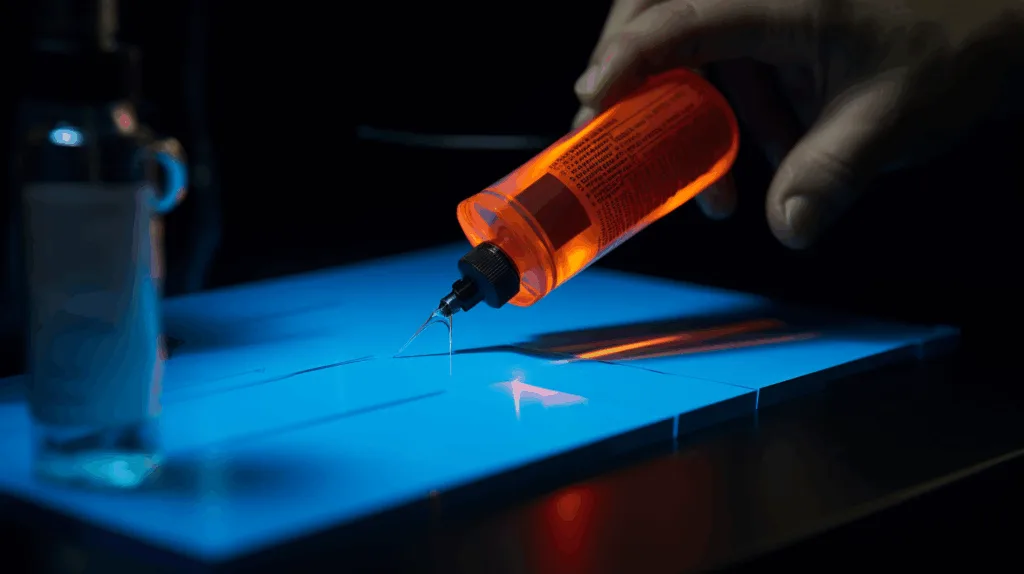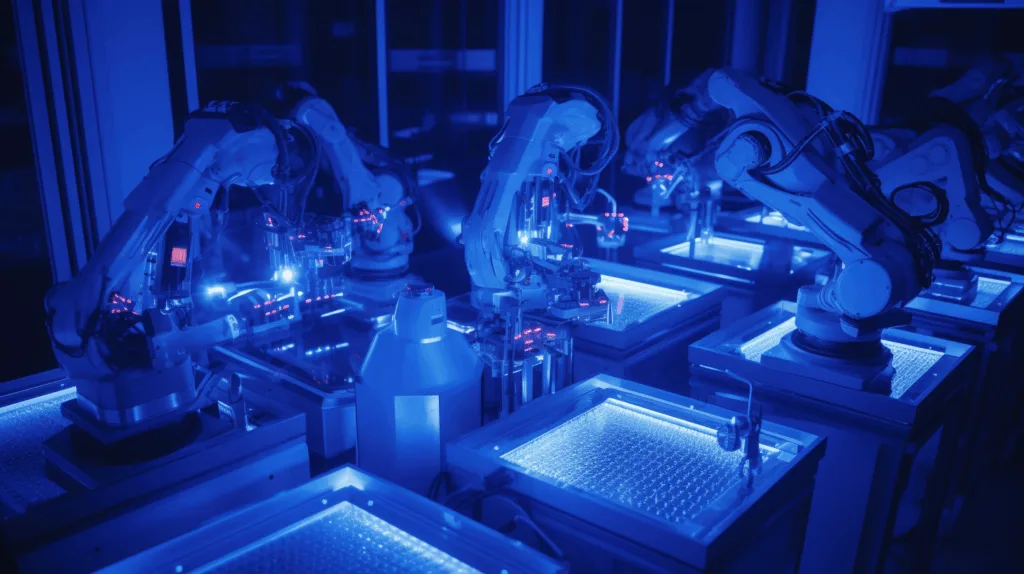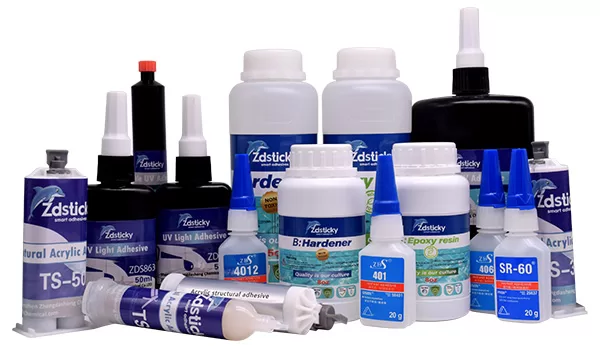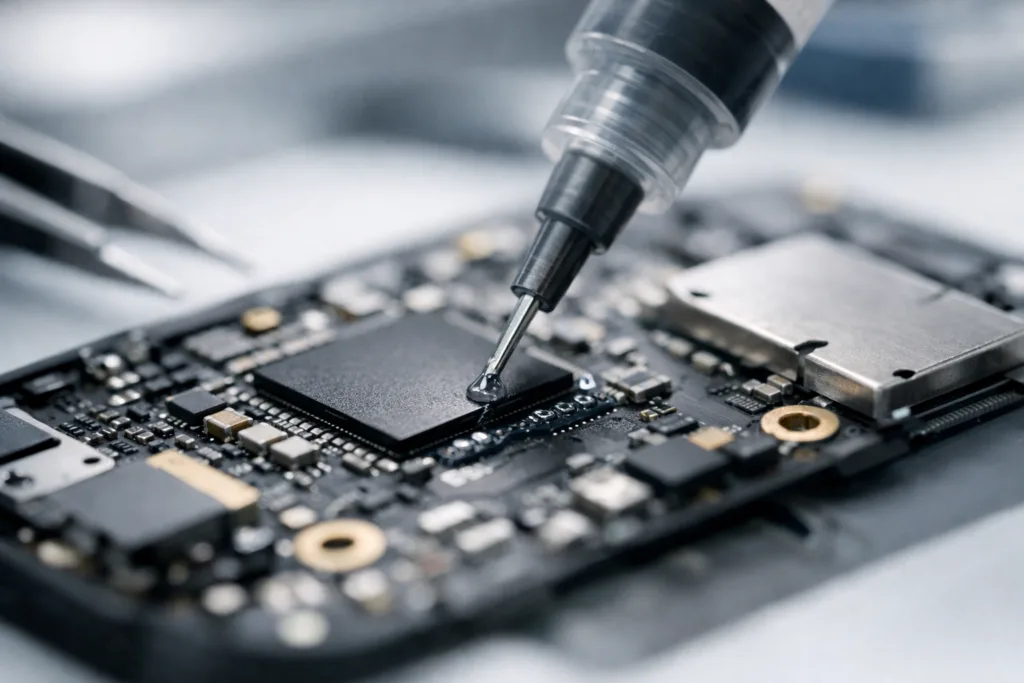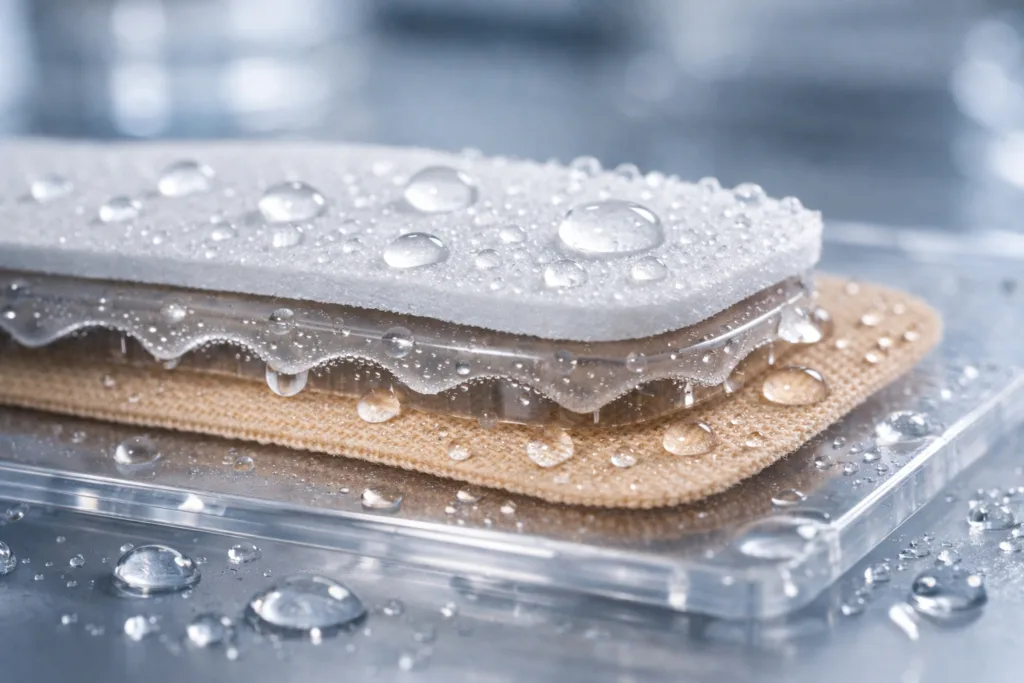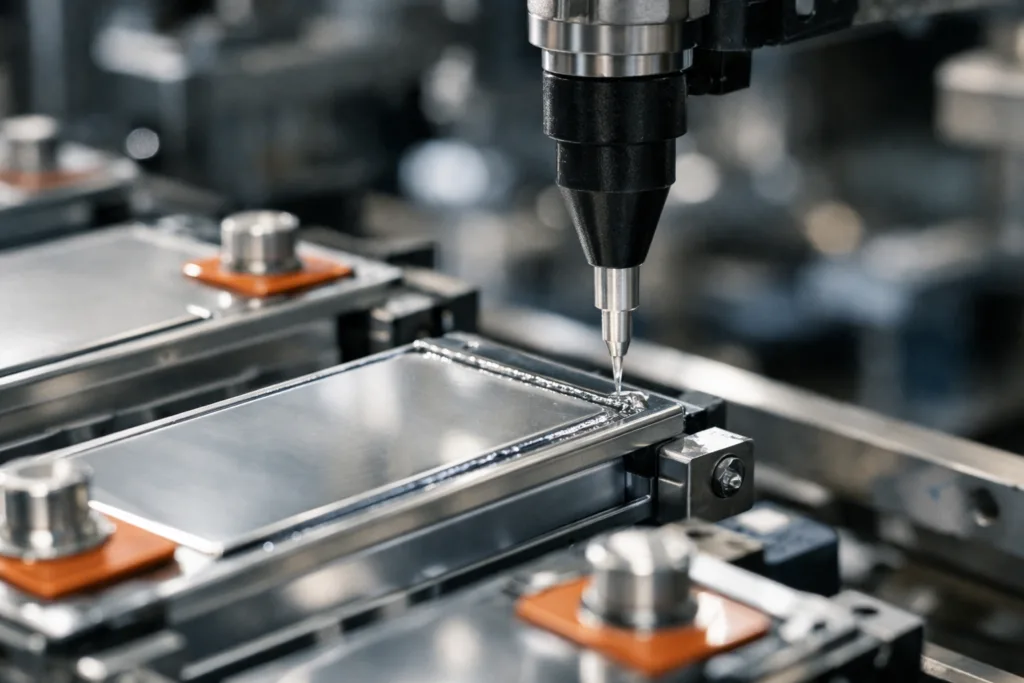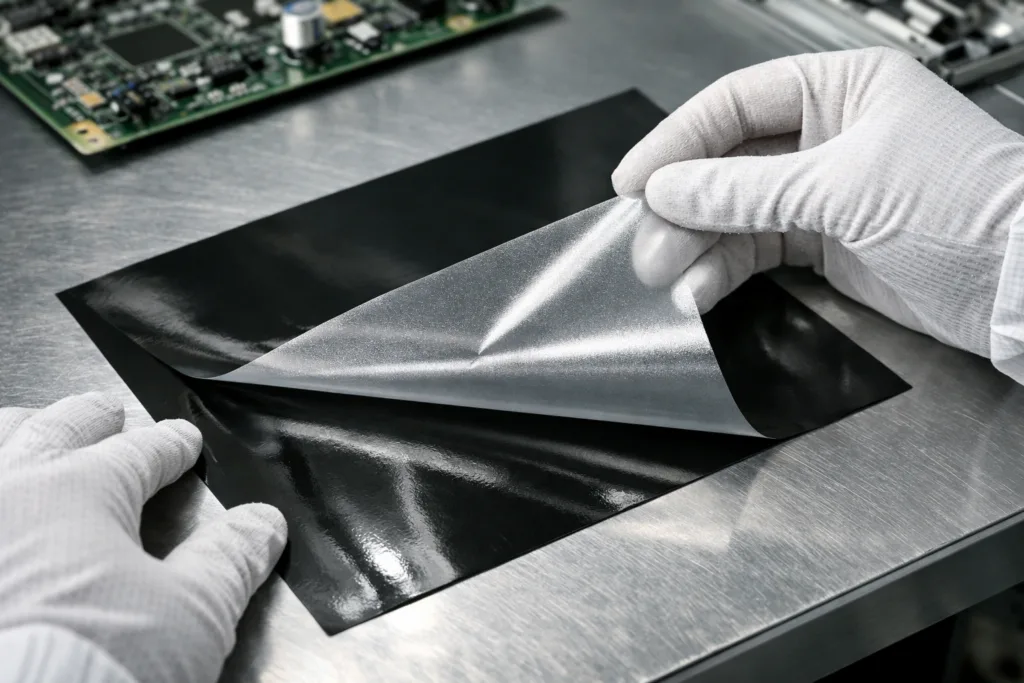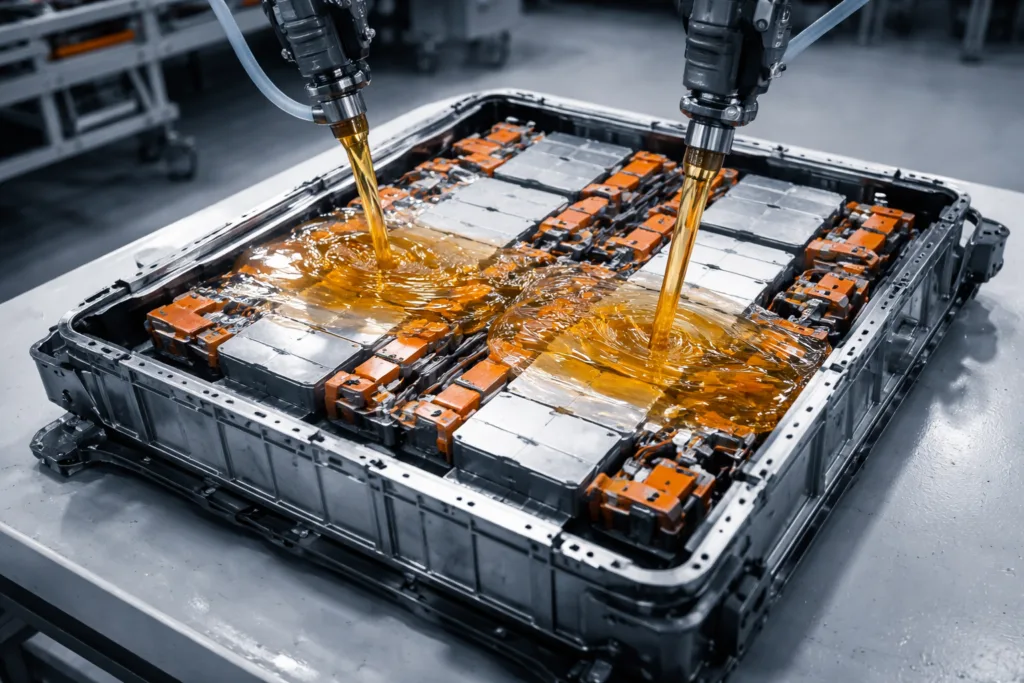Adhesives are everywhere — from quick household repairs to advanced industrial assembly. Two names often brought up in these contexts are UV glue and super glue. While they might seem similar due to their strong bonding capabilities, they’re fundamentally different in how they work and where they are used.
As a trusted adhesive manufacturer providing innovative bonding solutions, ZDS™ helps clarify these differences so you can make informed choices for your next project.
Understanding the Basics
What Is Super Glue?
Super glue, chemically known as cyanoacrylate, is a fast-acting adhesive that bonds upon contact with moisture. It’s commonly used for:
- Household repairs
- Plastic and metal bonding
- Skin closures (in medical-grade forms)
Super glue cures in seconds and is popular for its convenience and strength in small-scale applications.
What Is UV Glue?
UV glue, or ultraviolet curing adhesive, is a type of glue that requires exposure to UV light to cure. It’s used in more technical and precise applications such as:
- Electronics
- Optical assemblies
- Glass and acrylic bonding
UV glue remains in liquid form until activated by a UV light source, allowing exact positioning before hardening.
UV Glue vs Super Glue: Key Differences
Curing Mechanism
Super Glue: Cures by reacting with moisture in the air.
UV Glue: Requires UV light exposure for curing.
This makes UV glue more controllable and suitable for applications where alignment and precision are critical.
Material Compatibility
- Super glue bonds well with porous and semi-porous surfaces (wood, metal, ceramics).
- UV glue is best for transparent materials like glass, plastics, and some electronics.
Bond Strength and Flexibility
- Super glue creates a strong, rigid bond, which may be brittle under stress.
- UV glue can be formulated for flexibility and better resistance to vibrations and temperature fluctuations.
Application Use Case
| Use Case | Super Glue | UV Glue |
|---|---|---|
| Quick household repairs | ✅ Yes | ❌ Not ideal |
| Electronics assembly | ❌ Not preferred | ✅ Excellent choice |
| Glass or optical bonding | ❌ Limited effectiveness | ✅ High clarity and strength |
| Medical use | ✅ (Medical-grade types) | ❌ Rarely used |
How Does UV Glue Work?
UV glue contains photo-initiators, which trigger polymerization when exposed to UV light. Once illuminated, the adhesive undergoes a chemical reaction, solidifying within seconds or minutes depending on intensity and wavelength.
This on-demand curing provides more control over the bonding process, especially in industrial settings where precision is key.
Advantages and Disadvantages
UV Glue Advantages
- Precise alignment before curing
- Clean and clear finish (ideal for transparent materials)
- Cures on demand
UV Glue Disadvantages
- Requires UV light source
- Limited to light-permeable surfaces
- Generally more expensive than super glue
Super Glue Advantages
- Fast and easy to use
- Readily available and inexpensive
- No special equipment needed
Super Glue Disadvantages
- No repositioning time
- Can fog clear materials
- Brittle bond in some conditions
FAQ Section
1. Can I use UV glue instead of super glue?
Only if the materials and the application allow for it. UV glue requires light exposure and doesn’t work well on opaque or porous surfaces.
2. Is UV glue stronger than super glue?
In many industrial uses, yes — especially where flexibility, transparency, or chemical resistance is needed. However, for quick repairs, super glue is sufficient.
3. Does UV glue work on plastic?
Yes, especially clear plastics like acrylic or polycarbonate, where light can penetrate the adhesive layer.
Final Thoughts: Choose the Right Adhesive for Your Needs
So, is UV glue the same as super glue?
No — while both are strong adhesives, they differ significantly in curing methods, applications, and material compatibility.
Whether you’re a hobbyist, technician, or engineer, choosing the right adhesive ensures safety, durability, and precision. If you’re working in high-spec environments that demand clear, flexible, or delayed curing, UV glue is the superior option. For quick fixes and general use, super glue remains the go-to.
As industry specialists, ZDS™ offers a wide range of advanced adhesive solutions tailored for both everyday and industrial applications — from fast-curing cyanoacrylates to high-performance UV adhesives.

